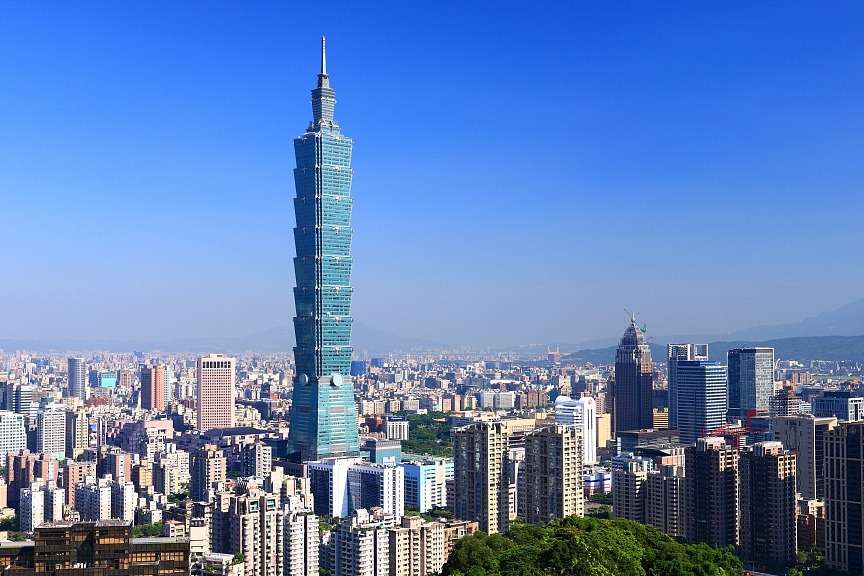Military drill a warning to 'Taiwan independence' separatists


The Eastern Theater Command of the People's Liberation Army is conducting "Joint Sword-2024B" military drills in the Taiwan Strait and the surrounding areas of Taiwan island as a cautionary measure aimed at separatist "Taiwan independence" forces. This action is deemed legitimate and necessary to safeguard national sovereignty and unity.
It has long been a fundamental consensus within the international community that there is one China and Taiwan is an integral part of China, and the government of the People's Republic of China is the sole legal government representing the whole of China.
The drills come just days after Taiwan leader Lai Ching-te delivered a provocative speech on Oct 10, employing language suggestive of "Taiwan independence".
Despite this, certain foreign media outlets and politicians persist in emphasizing the Taiwan question, insinuating that China's military exercises could escalate tensions while disregarding provocations from Taiwan's leadership. This reveals a paradoxical logic, as these media outlets often overlook or even commend military exercises conducted by other countries in sensitive regions.
No sovereign state will permit a segment of its territory to secede. Safeguarding national unity and preventing internal division are fundamental responsibilities of any sovereign state, reflecting the basic principles of national sovereignty. However, external influences have contributed to the growth of "Taiwan independence" sentiments, particularly under the Democratic Progressive Party. This trend was exacerbated during Tsai Ing-wen's "presidency" and has further intensified under Lai Ching-te.
The mainland's consistent stance has been in favor of peaceful reunification while rejecting "Taiwan independence" separatism. Lai should have been mindful of the potential consequences of his statements. The tension in the Taiwan Strait is primarily fueled by the "Taiwan independence" rhetoric, rather than the mainland's defensive maneuvers.
Within Taiwan, Lai's speech has raised concerns regarding its impact on cross-Strait relations. Many believe that his rhetoric, disguised as diplomatic language, is increasing hostility toward the mainland, potentially jeopardizing prospects for peace. Hsiao Hsu-tsen, the executive director of the Ma Ying-jeou Foundation, criticized Lai for using soft language to mask provocative intentions, arguing that his approach could severely damage cross-Strait relations. Lai's introduction of a new version of the "two states" theory is cited as a reason for the escalating cross-Strait tensions.
It is regrettable that Taiwan separatists' provocations have been disregarded and even encouraged by other countries to stoke tensions for their geopolitical advantage. The mainland's defensive measures should not be portrayed as aggressive acts in certain narratives that distort the reality of the situation.
The Chinese mainland seeks peaceful reunification under the "one country, two systems" framework without renouncing the use of force, with utmost sincerity, while adamantly opposing any attempts to separate Taiwan from China in any manner. The decision not to renounce the use of force is directed toward a small faction of separatists, not the entirety of Taiwan's residents.
"Taiwan independence" is a dead-end, and no amount of rhetoric can alter the ultimate goal of reunification. The path to peaceful reunification is clear, and any efforts to disrupt this process through inflammatory rhetoric or external interference will ultimately prove futile.
The author is the Director of the Academic Council and a Senior Research Fellow at the Shanghai Center for RimPac Strategic and International Studies. The views expressed do not necessarily reflect those of China Daily.
If you have a specific expertise, or would like to share your thought about our stories, then send us your writings at opinion@chinadaily.com.cn, and comment@chinadaily.com.cn.

































